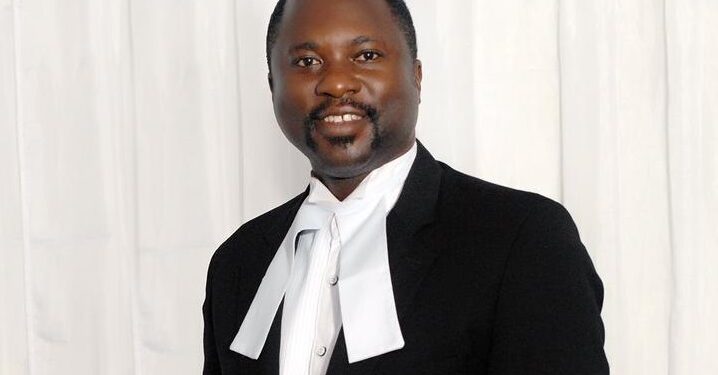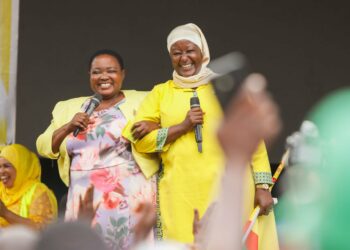Former Kyadondo East MP Hon Robert Kyagulanyi Ssentamu commonly known as Bobi Wine is no doubt a prominent Ugandan opposition figure who is now leading the front in challenging President Yoweri Museveni’s leadership.
While personally I cannot predict specific outcomes or provide real-time information, I can provide some general suggestions on how Bobi Wine could improve his chances of defeating Museveni in an election or achieving his political goals in Uganda’s future.
Broaden and unify support: Bobi Wine should work on expanding his base of support beyond his core followers. Building a diverse coalition of political parties, civil society organizations, and influential individuals can strengthen his position and appeal to a wider range of voters.
Grassroots mobilization: Bobi Wine should focus on grassroots organizing, connecting with communities across the country, and understanding their concerns and needs. Engaging with people directly, holding town hall meetings, and listening to their grievances can help build trust and garner support.
Political alliances: Building alliances with other opposition parties or figures who share similar goals can consolidate the opposition’s strength and present a unified front against Museveni. Collaborating with like-minded leaders and parties can increase resources, expertise, and electoral chances.
Policy and governance proposals: Bobi Wine should develop and articulate a clear policy platform that addresses the key issues facing the country. Proposing well-thought-out policies and demonstrating a vision for a better future can attract voters who are looking for change and alternatives to the incumbent government.
Election monitoring and transparency: Given concerns about electoral integrity, Bobi Wine should advocate for robust election monitoring by domestic and international observers. Promoting transparency and fair electoral processes can help expose any irregularities and build public trust in the electoral system.
Media and communication strategy: Utilize traditional and social media platforms to effectively communicate with the electorate. Presenting a compelling narrative, raising awareness about the need for change, and countering propaganda can shape public opinion and garner support.
Nonviolent resistance: Promote peaceful and nonviolent methods of resistance and advocacy. Demonstrating a commitment to nonviolence can appeal to a broader spectrum of the population, including those who might be hesitant to support radical change.
International support: Engage with the international community, regional organizations, and human rights groups to highlight any human rights abuses or electoral irregularities. Seeking international support and attention can provide additional pressure on the government and raise the profile of the opposition’s cause.
It’s important to note that political dynamics and strategies can vary widely based on the specific context and circumstances. Bobi Wine and his team should adapt these suggestions to fit their unique situation and consult with local experts and advisors who are familiar with the political landscape in Uganda.
Kaweesa Hope Mulangira based is a lawyer based in Buuvi , Entebbe
Do you have a story in your community or an opinion to share with us: Email us at editorial@watchdoguganda.com













